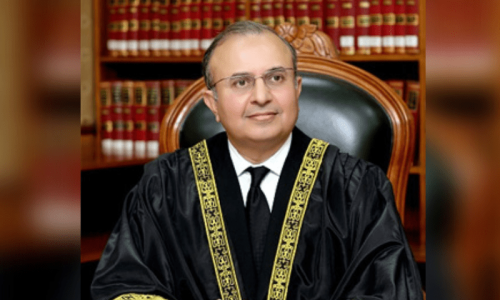SRINAGAR, Nov 21: The nearly two-decade-old anti-India campaign in occupied Kashmir has left 47,000 people dead, more than 20,000 of them civilians, according to official figures released on Friday.
The figure did not include those labelled as having “disappeared” in the region since unrest began in 1989 and a prominent human rights group said the real toll was certainly far higher.
Kashmir Chief Secretary S.S. Kapur said in a statement that more than 20,000 civilians and 7,000 police and security personnel had died in what he described as “incidents of terrorism” in the past 20 years.
The same period had witnessed “the neutralisation” of 20,000 militants.
The region’s leading human rights group, the Coalition of Civil Society, said the real toll stood at more than 70,000 dead. “Our figures are based on a proper survey,” senior group official Khurram Pervez said.
Kashmiri leaders say nearly 100,000 people have died in the unrest.—Agencies












































Dear visitor, the comments section is undergoing an overhaul and will return soon.